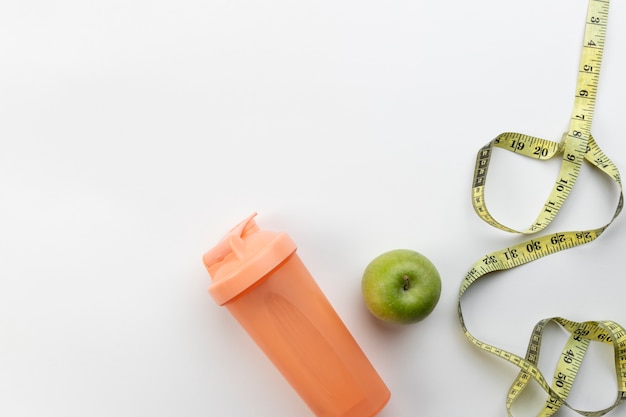
If you’re aiming to lose weight, you might think it’s all about counting calories and eating less. But it’s not that simple, according to Terry Fairclough, a personal trainer and co-founder of Your Body Programme.
As a personal trainer, I’ve encountered countless opinions on the best diet for weight loss. Should we be counting calories? Should we cut fat, carbs, or increase protein? Is fasting effective? Or is it better to eat small, frequent meals?
While these methods have their place depending on body type, goals, and activity levels, one thing you shouldn’t do is drastically cut your calorie intake. Many people start strict calorie counting to prepare for occasions like beach trips, expecting weight to fall off. It might work in terms of losing weight, but it doesn’t necessarily mean losing fat, which is often the real goal.
The Western diet tends to be bigger than necessary, causing many to overeat. Although some calorie reduction can be helpful, the common belief that extreme calorie cutting is the only way to lose weight is misleading.
When we eat, our bodies convert carbohydrates into glucose, the main fuel for our cells. When not immediately needed, glucose is stored as glycogen in our liver and muscles. If we cut calories drastically, our bodies use these glycogen stores, which include water, leading to weight loss that’s mostly water, not fat.
A prolonged calorie deficit can make the body hold onto fat and break down protein instead, which isn’t ideal. Protein is essential because it helps burn fat even when at rest, so a balanced intake of fats, carbs, and protein is crucial.
There’s also a misconception that eating fat is bad if you want to lose it. However, fats are a vital energy source, providing more energy than carbs or protein. Fat stored in muscles fuels exercise, making it essential for getting fit.
Cutting calories and nutrients too much can lead to deficiencies, affecting overall health, immunity, liver function, and digestion, potentially leading to issues like fatigue, malnutrition, osteoporosis, anemia, hormonal imbalances, and fertility problems. Such calorie cutting stresses the body, releasing cortisol, a hormone that can lead to weight gain, especially around the belly.
Severe calorie restriction slows metabolism, increases fat storage, and impacts thyroid function, further complicating weight loss. Additionally, stress reduces digestive efficiency, impacting nutrient absorption and overall health. Poor digestion and nutrient absorption can detrimentally affect training and results.
Sleep is also affected by low blood sugar, causing adrenaline release and waking you up. Poor sleep can ruin liver detoxification, immunity, and productivity, thereby hindering weight loss.
Bodybuilders often reduce calories to get lean before competitions, then gradually increase them afterward. However, mismanaging this can lead to illness. Continuous calorie cuts eventually harm metabolism, making weight loss seem impossible because the body starts storing fat as a survival mechanism.
The key is to consume the right amount of calories and nutrients for your body type, goals, activity level, height, weight, and age. At Your Body Programme, we help people determine their specific calorie needs. Ensuring proper nourishment keeps your metabolism active and helps in losing fat.
Include plenty of lean proteins like beef, chicken, eggs, fish, tofu, and pulses if you’re vegetarian. Eat healthy carbs such as fruits, vegetables, sweet potatoes, quinoa, and whole grains, and don’t forget healthy fats from sources like avocados, nuts, seeds, and olive oil.
In summary, don’t overly restrict your diet. Instead, focus on balanced nutrition to support overall health and effective weight loss.